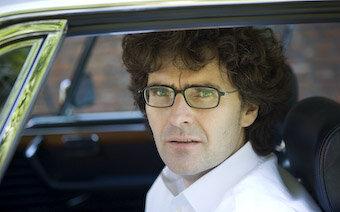@Constance - shall we move ahead with Wiesing?
Yes, I think for the time being I want to read as much as is available of this work at google books. We can post key extracts, some of which I think would be of special interest to @Soupie. I see from your post last night that you are finding Wiesing to be very interesting, perhaps incisive. That's my impression so far.


